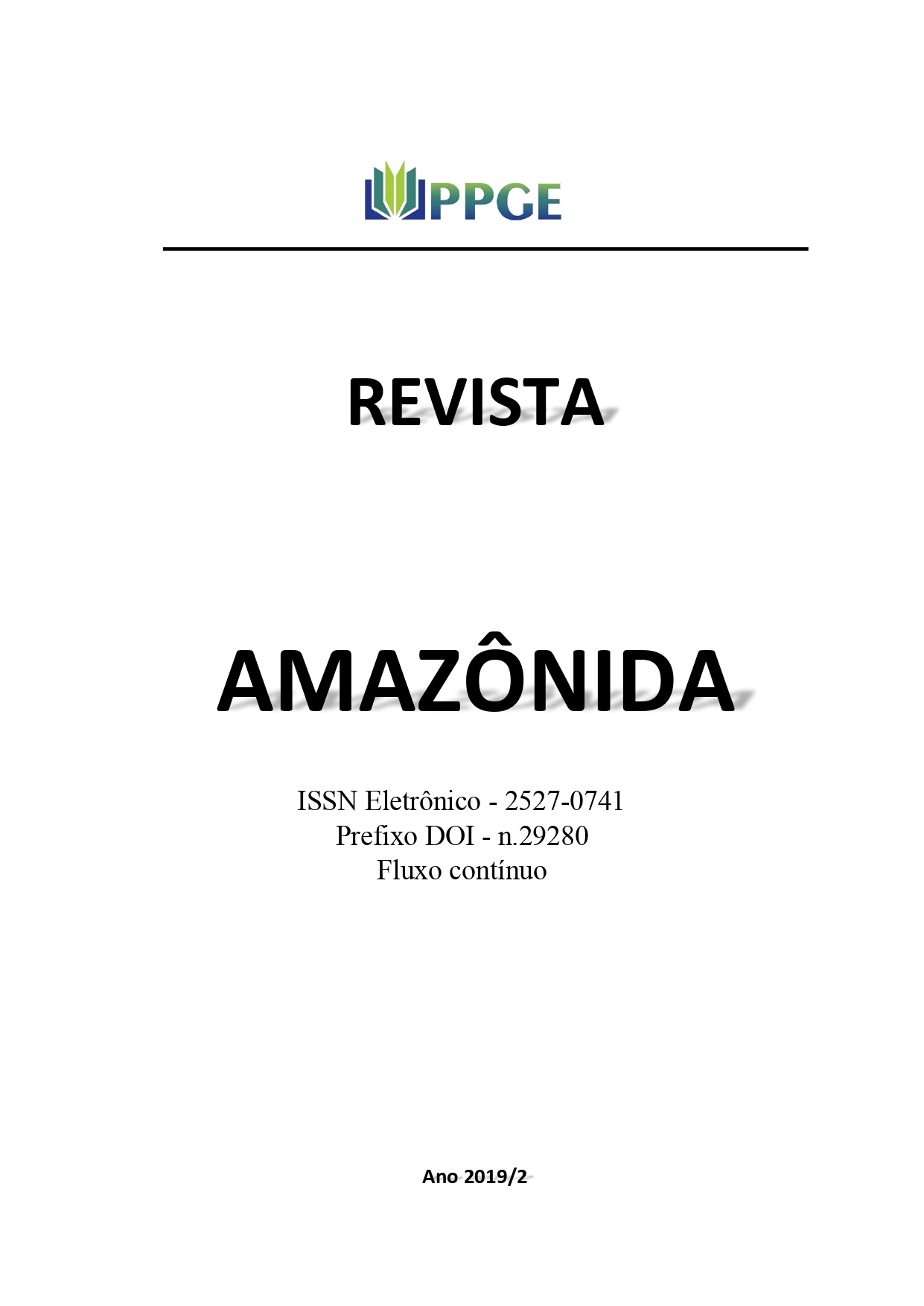A LOOK AT THE SCHOOL'S CONTRIBUTION IN THE SOCIAL TRAINING PROCESS AND IN THE CONSTRUCTION OF STUDENTS 'CITIZENSHIP
DOI:
https://doi.org/10.29280/rappge.v4i2.7008Abstract
This study aims to analyze the contribution of teachers and a public school of the state education network in the social and citizenship formation, of the Elementary School students in Minas Gerais. In order to put it into effect, and in accordance with the proposed objectives, we chose the theoretical methodological assumptions of a qualitative research, based on the studies of Bodgan and Biklen (1991) Minayo (2010) and Chizzotti (2008-2011). As a data collection strategy, the documentary analysis was used, through the Pedagogical Political Project and the School's Regiment, a questionnaire composed of ten open questions applied to twenty teachers who wanted to participate in the research, and to the management team. A round of conversation with the students of the 9th grade of Elementary School was also held. The aim of this study was to promote an understanding of how school can contribute to the formation of students' citizenship in multiple dimensions. Many impasses are noted in relation to the commitment of the school and the teachers to the social formation or the citizen practices contextualized within the school routine. We may consider that the school alone is not prepared to train active and critical students in an unjust and unequal society. This is a collective work, which must also be developed by the family, society, public policies and government, in a commitment to the common good. Only then will we be able to form critical, conscious, thinking citizens capable of changing society's directions and leading the ways of humanity.
This study aims to analyze the contribution of teachers and a public school of the state education network in the social and citizenship formation, of the Elementary School students in Minas Gerais. In order to put it into effect, and in accordance with the proposed objectives, we chose the theoretical methodological assumptions of a qualitative research, based on the studies of Bodgan and Biklen (1991) Minayo (2010) and Chizzotti (2008-2011). As a data collection strategy, the documentary analysis was used, through the Pedagogical Political Project and the School's Regiment, a questionnaire composed of ten open questions applied to twenty teachers who wanted to participate in the research, and to the management team. A round of conversation with the students of the 9th grade of Elementary School was also held. The aim of this study was to promote an understanding of how school can contribute to the formation of students' citizenship in multiple dimensions. Many impasses are noted in relation to the commitment of the school and the teachers to the social formation or the citizen practices contextualized within the school routine. We may consider that the school alone is not prepared to train active and critical students in an unjust and unequal society. This is a collective work, which must also be developed by the family, society, public policies and government, in a commitment to the common good. Only then will we be able to form critical, conscious, thinking citizens capable of changing society's directions and leading the ways of humanity.
This study aims to analyze the contribution of teachers and a public school of the state education network in the social and citizenship formation, of the Elementary School students in Minas Gerais. In order to put it into effect, and in accordance with the proposed objectives, we chose the theoretical methodological assumptions of a qualitative research, based on the studies of Bodgan and Biklen (1991) Minayo (2010) and Chizzotti (2008-2011). As a data collection strategy, the documentary analysis was used, through the Pedagogical Political Project and the School's Regiment, a questionnaire composed of ten open questions applied to twenty teachers who wanted to participate in the research, and to the management team. A round of conversation with the students of the 9th grade of Elementary School was also held. The aim of this study was to promote an understanding of how school can contribute to the formation of students' citizenship in multiple dimensions. Many impasses are noted in relation to the commitment of the school and the teachers to the social formation or the citizen practices contextualized within the school routine. We may consider that the school alone is not prepared to train active and critical students in an unjust and unequal society. This is a collective work, which must also be developed by the family, society, public policies and government, in a commitment to the common good. Only then will we be able to form critical, conscious, thinking citizens capable of changing society's directions and leading the ways of humanity.



























